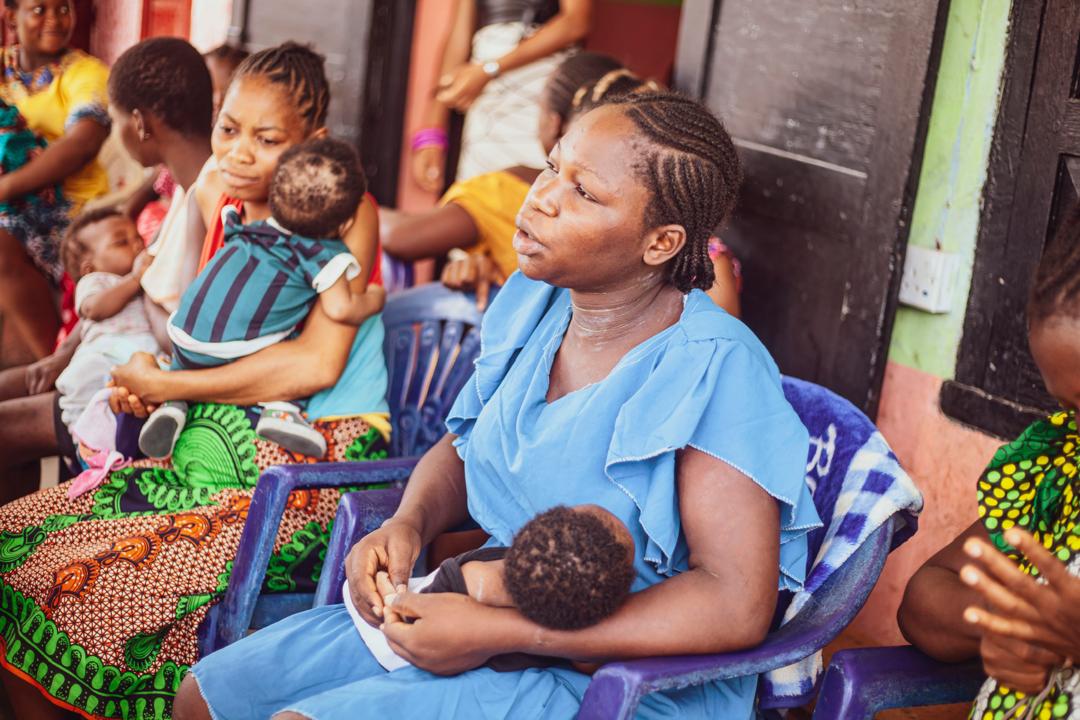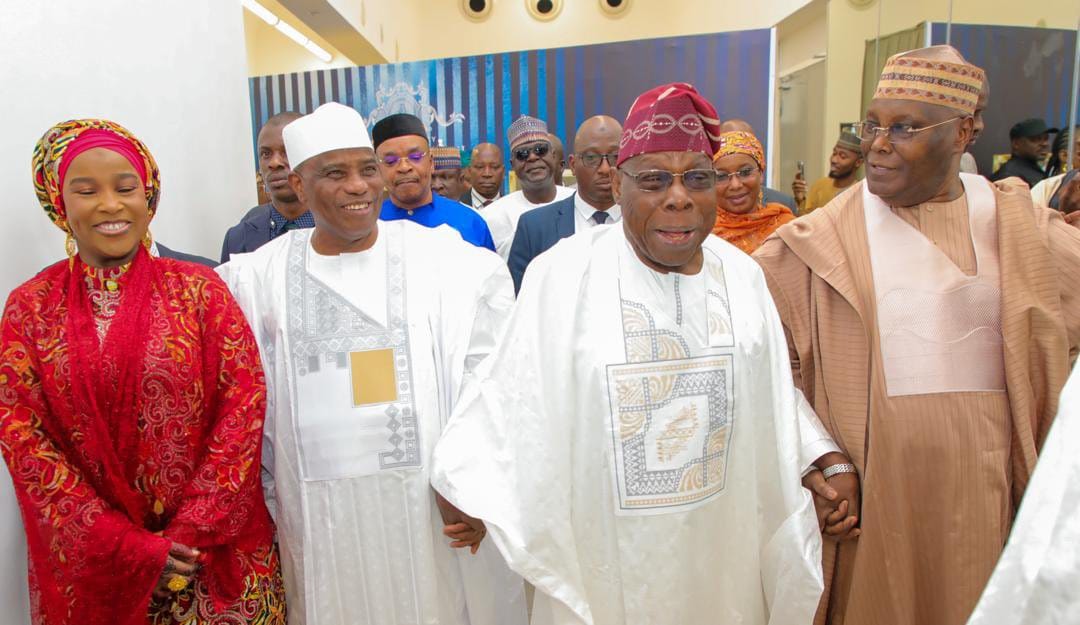 The last decade has witnessed a significant increase in access to and use of family planning (FP) commodities across Sub-Saharan Africa (SSA), with the largest global gains in contraceptive adoption concentrated in this region. Despite early fears that the COVID-19 pandemic would impede or reverse progress, evidence suggests that family planning programs across SSA were resilient to pandemic disruptions. The need for family planning that is satisfied by modern methods, according to the Sustainable Development Goals (SDG) indicator 3.7.1, has stagnated globally at around 77% from 2015 to 2022 but increased from 52% to 58% in Sub-Saharan Africa.
The last decade has witnessed a significant increase in access to and use of family planning (FP) commodities across Sub-Saharan Africa (SSA), with the largest global gains in contraceptive adoption concentrated in this region. Despite early fears that the COVID-19 pandemic would impede or reverse progress, evidence suggests that family planning programs across SSA were resilient to pandemic disruptions. The need for family planning that is satisfied by modern methods, according to the Sustainable Development Goals (SDG) indicator 3.7.1, has stagnated globally at around 77% from 2015 to 2022 but increased from 52% to 58% in Sub-Saharan Africa.
The United States Agency for International Development’s (USAID) Bureau for Africa has evaluated the progress of family planning programs with a continued focus on the 22 USAID priority countries in the region. In the year 2022, rapid progress was recorded in countries such as Mozambique, Malawi, Kenya, encouraging progress was recorded in Uganda, Mali, Niger and Senegal, slow progress was recorded in Ghana, Tanzania, Benin, but little or no progress was recorded in countries like Nigeria, Togo and the Democratic Republic of Congo.
According to the World Bank, most countries in Africa, including Nigeria, have the lowest rates of contraceptive use, the highest maternal, infant and child mortality rates and the highest fertility rates.
Statistics reveal that in Nigeria, fewer than one out of every five married women use family planning. An additional 16% of women want to delay or limit childbearing but are not using contraception. With family planning being the practice of controlling the number of children born and the time frame between pregnancies, it involves the use of contraception, as well as the promotion of family life education, pre-conception counseling and management of STDs. Addressing unmet needs for family planning is a major challenge in low-and middle-income-countries (LMICs). A study on the changes in unmet need for family planning among married women of reproductive age in Nigeria showed that household and individual-level factors had the highest influence on the unmet need and decisions to adopt contraceptive methods in Nigeria. One of the greatest individual factors influencing adoption was spousal permission and consent which is a very important factor in a patriarchal society like Nigeria.
The effect of male dominance on the decision-making process can heighten the poor reproductive health indices, as documented in a study in Nigeria where 62% of women had their husbands as their decision-makers and only 6% of currently married women at the time of the survey made decisions for themselves2 . Addressing male involvement in family planning is critical if Nigeria will make significant progress in moving towards reliable statistics on contraception and addressing unmet needs.
Estimates and Projections of Family Planning Indicators 2022. undesa_pd_2022_wcu_fp-indicators_documentation.pdf
2Male involvement in Family Planning Utilization. Male Involvement in Family Planning Utilization and Associated Factors in Womberma District, Northern Ethiopia: Community-Based Cross-Sectional Study – PMC (nih.gov)
It is therefore important to involve men and boys in ways that support women’s and girls’ choices, as well as men’s own family planning needs. While traditionally, family planning programs have been aimed at women, there is growing awareness that reproductive wellbeing is the responsibility of both men and women, and to improve maternal health, strengthening male participation in family planning is an important public health initiative. Since the 1994 International Conference on Population and Growth and the 1995 Beijing Conference, male participation in family planning has gained more consideration and attention worldwide.
Men, as the decision-makers in most African families, have an important role to play towards the utilization of contraceptive methods, which is an efficacious intervention recommended and approved by the World Health Organization (WHO) as well as the Ministry of Health (MoH) in most countries. Their participation improves women’s uptake and continuity of FP approaches by increasing spousal coordination and decreasing opposition. It has been found to directly influence the partner’s reproductive health choices, decision-making and behaviors. Past research has also demonstrated that male non-involvement in family planning leads to a high incidence of contraceptive discontinuation among women. Despite this advantaged position of males in family affairs, their role in FP remains largely unutilized.
If we must improve contraceptive prevalence rates in Nigeria, males should also be targeted by FP programs and interventions should be sensitive to socio-cultural norms that determine gender relations and strategies to create awareness on male involvement in FP should be given priority at the clinical and community levels. Approaches may include seminars and the use of the media (mass media like radio jingles/drama, bulk SMS and print). The perception also that FP methods are “alien” or restrictive to African men’s masculinity or cultural norms can be a barrier to adoption.
Basheer Naseer, a member of the Nigeria Solidarity Support Fund (NSSF) WeNaija Community opined that it’s essential to address these concerns through culturally sensitive approaches, education, and community engagement, and some strategies to consider include male engagement programs which educate men about benefits of family planning and address their misconceptions and concerns, involvement and engagement of traditional leaders and community leaders to champion FP and address power dynamics by encouraging open communication and mutual decision-making within families.
Some of the members of the WeNaija community also opined that it was essential to create more contraceptive methods for men instead of focusing only on women. Their arguments stem from the position that a single women can only get pregnant once in a 12-month period while a man can impregnate multiple women in 9 months. The belief is that this will enable adequate planning for families, enable mothers to recover from the pregnancy and puerperium and control the rapidly improving population.
Would the male gender be interested in adopting contraceptive methods that would reduce their fecundity? Are Nigerian men ready to surrender their patriarchal status to ensure fair share of reproductive decisions? Would there be avenues that will bring these conversations to the fore allowing robust discussion that will lead to actionable solutions? The Nigerian Solidarity Support Fund would always provide avenues to have these discussions through our bi-annual fireside chats and stakeholder engagements.
By addressing these dynamics and concerns, we can increase male involvement and support for FP, ultimately leading to more informed choices and improved reproductive health outcomes. Involving the male gender as both users and supporters is essential for optimizing maternal and child health outcomes. Evidence suggests that policy should continue to promote their involvement in ways that also promote gender equality. Recommendations for research therefore include an evaluation of gender transformative interventions which engage men and boys in helping to achieve desired family size, fertility promotion, safe conception, as well as promoting equitable family planning decision‐making for women and girls.
Tega Edwards, Programs Assistant, NSSF writes from Lagos






